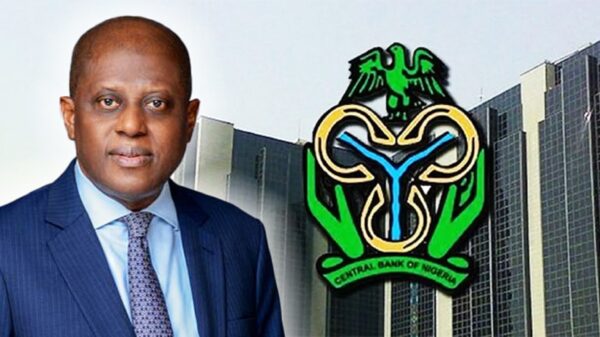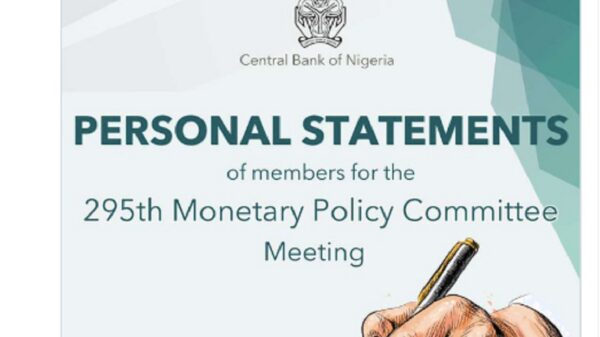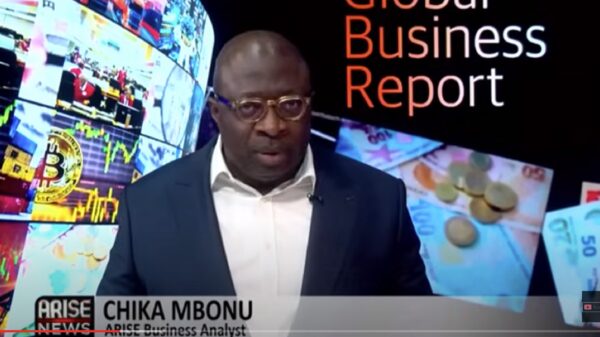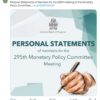According to management, the next prime minister must boost confidence with a solid budgetary strategy.
Key Take Away:
• Liz Truss steps down as prime minister, triggering a new leadership contest.
• Live news updates on Truss’ resignation
Business executives have signified their displeasure and shock at the political upheaval in the UK and asked that whoever succeeds Liz Truss move quickly to stabilise the crisis-hit economy.
After just 45 days in office, UK Prime Minister Truss’s resignation was announced with her departure on Thursday afternoon. This left companies unsure of the government’s strategy on matters of policy, including the level of future energy subsidies and the taxes they would be made to remit.
Almost all business leaders have blamed the current political unrest, affirming that it has interrupted investment in the UK as experts forecast long bad times.
The largest business advocacy formation in the UK, the Confederation of British Industry, headed by Tony Danker, predicted that half of the firms contemplating investments would hold off until things had stabilised.
“The politics of recent weeks has weakened people’s, companies’, markets’, and international investors’ trust in Britain,” said Danker. If we want to protect families and businesses from further damage, it must now come to a stop.
UK Economy Growth
When Truss and her first chancellor, Kwasi Kwarteng, unveiled their “growth plan” on September 23, Danker lauded the announcement as a “turning point for our economy.”
Danker said that the incoming UK Prime Minister Truss’s priority must now be a “credible fiscal plan for the medium term as soon as feasible and a strategy for the long-term development of our economy” after the mini-budget swiftly sparked market instability that ultimately resulted in UK Prime Minister Truss resignation and demise.
The head of BusinessLDN, an organisation that advocates for businesses in London, Paul Drechsler, said that the UK was experiencing an “unmitigated political and economic crisis” and that the new administration would need a “rock solid” cabinet in addition to a competent prime minister.
However, he opposed a general election immediately since it may have prolonged the government’s paralysis for many weeks. Drechsler said, “We don’t need any more Cirque du Soleil.” We don’t want any more circuses, plays, or another mischief. Just finish your work.
He noted that the current unrest has severely harmed the UK’s standing abroad.
After “the carnage of the last six weeks,” said Helena Morrissey, chair of the board of investment platform AJ Bell, her initial reaction was “relief.”
According to the Conservative peer, a “steady PM who understands markets,” who previously supported Rishi Sunak for the position of prime minister.
She said whoever wins needs to take a step back and come up with a suitable, well-thought-out plan that gradually restores confidence.
With higher interest rates driving up the cost of debt servicing for businesses still working to recover from the COVID-19 pandemic lockdowns, the political climate is predicted to impact the financial health of companies directly.
UK Prime Minister Truss’s resignation
Truss and Kwarteng’s end-of-September announcement of billions of pounds in tax cuts without a longer-term fiscal plan caused a spike in UK borrowing costs. According to Treasury sources, the government will proceed with its planned debt-reduction announcement on October 31. However, the new prime minister will have the final say on whether or not to move forward.
Thursday’s market response to UK Prime Minister Truss’s resignation was subdued. On Thursday afternoon, the pound briefly increased to above $1.13 against the US dollar before falling back to a 0.3% gain for the day. At 6,943.91 points, the FTSE 100 finished the day 0.3% higher. Markets for government bonds were mostly flat.
Despite the recent sharp decline in wholesale energy prices, many sectors are still very anxious about how they will fare after state funding for businesses’ energy bills expires at the end of March. After that, the government vowed to reevaluate which sectors should still be supported.
The Federation of Small Businesses’ Tina McKenzie, the head of policy and advocacy, said that businesses needed to know whether their energy bills would “cliff edge” in April.
She said small firms find it more difficult to function when political unrest feeds into economic turmoil, adding that fast-changing policy choices make planning much more difficult than it has to be.
Small company owners who must pay increasing borrowing costs have restless nights at the potential of interest rates rising. This is because everything prices, from energy to eggs, are rising.
Kitty Ussher, the head economist of the Institute of Directors, a lobbying organisation, stated: “Political uncertainty in the UK government is directly affecting confidence in the UK economy, which is already running at extremely low levels, according to our statistics. This lowers investment, which limits growth. Growth is impossible without confidence and stability.






















































You must be logged in to post a comment Login